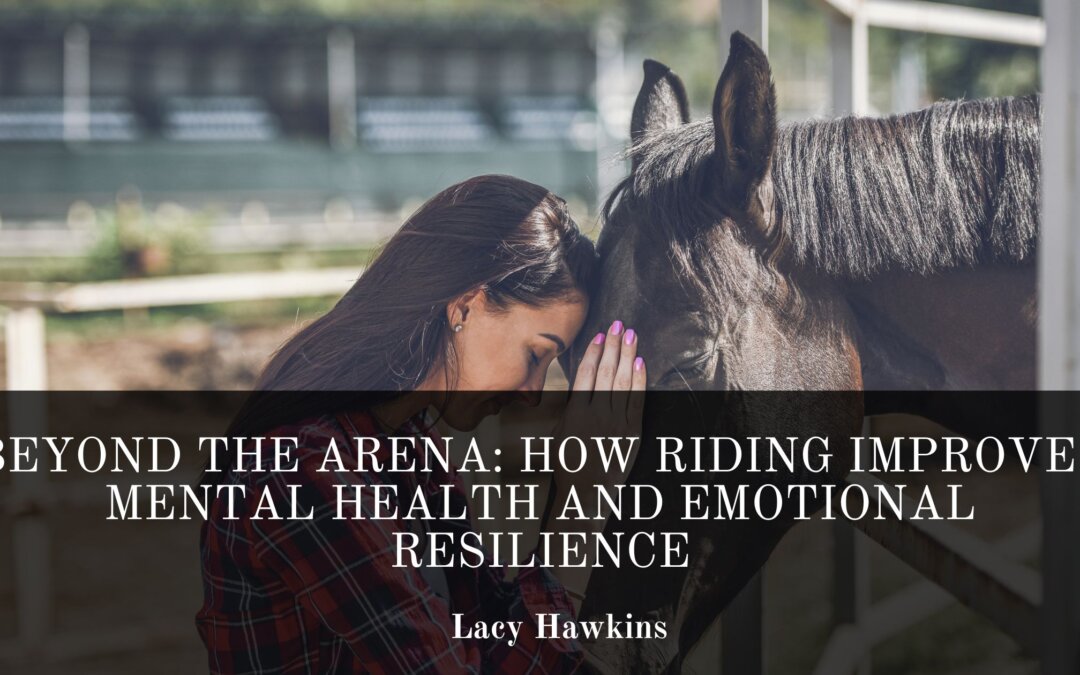
Beyond the Arena: How Riding Improves Mental Health and Emotional Resilience
Horseback riding is often associated with athleticism, discipline, and competition. But beyond the ribbons and routines, riding offers something even more powerful: mental clarity, emotional strength, and a deep sense of personal resilience. The barn becomes more than...

The Role of Microadjustments: How Small Changes in Your Position Affect Your Horse’s Movement
In horseback riding, the smallest changes can make the biggest difference. While major aids like leg pressure or rein contact are essential for communication, it’s the subtle microadjustments in your position that often have the most profound impact on your horse’s...

How Weather Impacts Your Horse’s Performance: Training Strategies for Heat, Cold, and Humidity
Weather plays a significant role in your horse's performance and overall well-being. Just like people, horses respond to environmental conditions such as heat, cold, and humidity in different ways. Understanding how to adjust your training based on the weather helps...
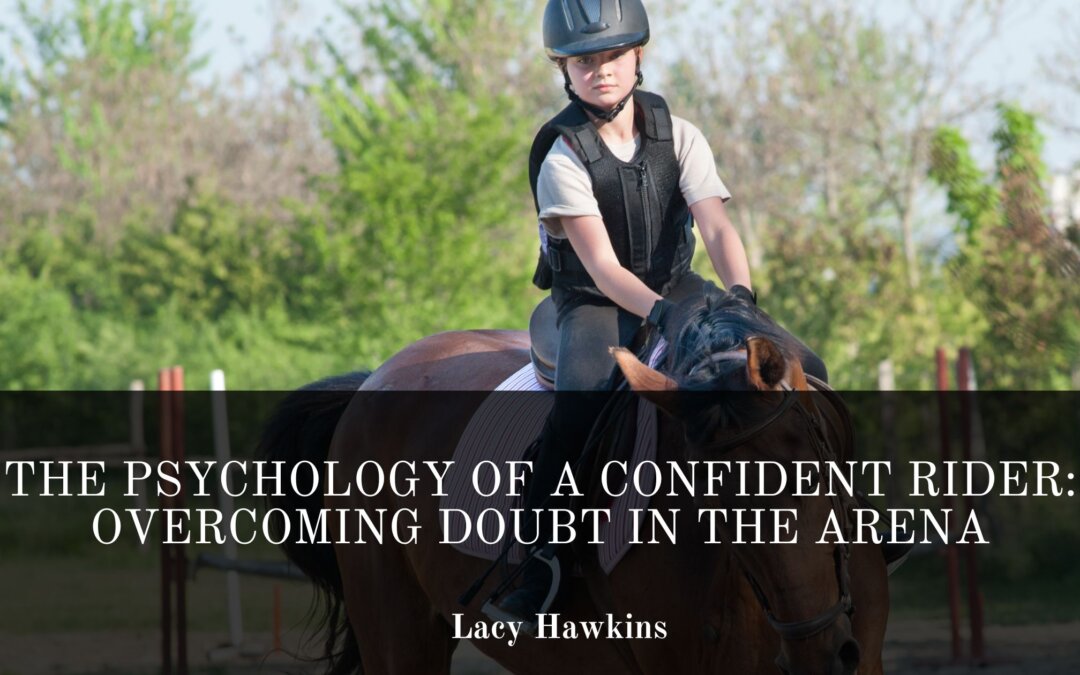
The Psychology of a Confident Rider: Overcoming Doubt in the Arena
Confidence isn’t just a trait—it’s a skill that riders must actively develop. The psychology behind a confident rider is rooted in mental resilience, self-awareness, and the ability to manage fear and doubt. Whether you're a beginner or a seasoned equestrian, the...
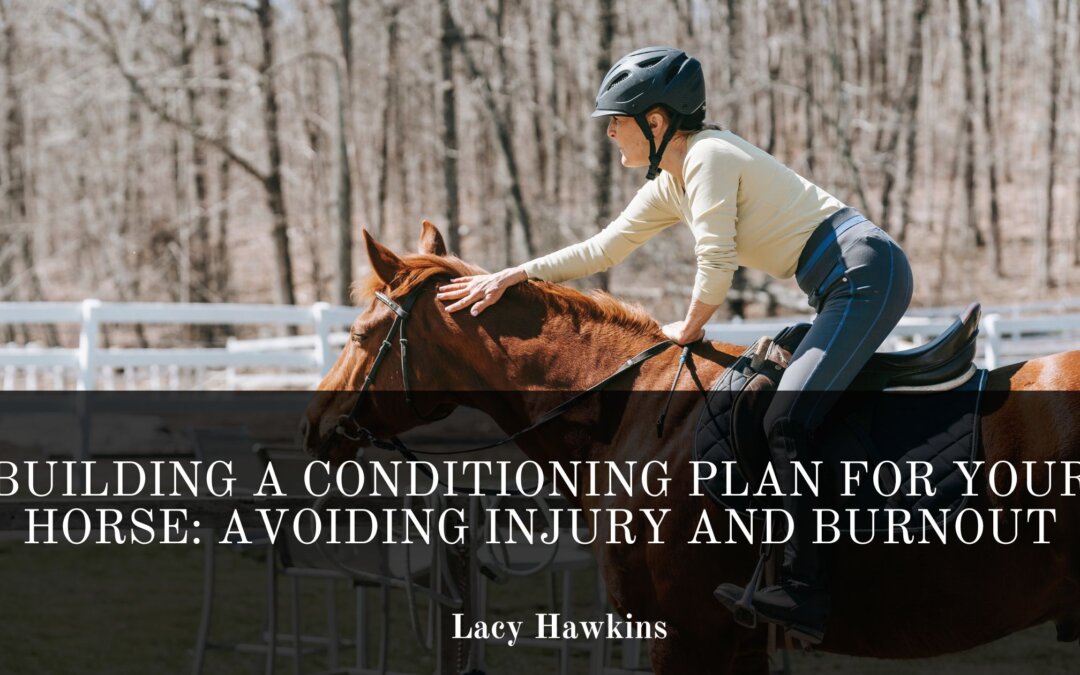
Building a Conditioning Plan for Your Horse: Avoiding Injury and Burnout
Proper conditioning is essential to maintaining your horse's long-term health and performance. Whether you're preparing for competition or simply want a fit, happy trail partner, a well-structured conditioning plan helps prevent injuries, reduces the risk of burnout,...

Riding with Feel: Developing Intuition in the Saddle
Riding with feel is often described as one of the most important yet elusive skills in horseback riding. It’s that almost magical quality that allows a rider to seem effortlessly in sync with their horse—responding to subtle shifts, anticipating movements, and making...
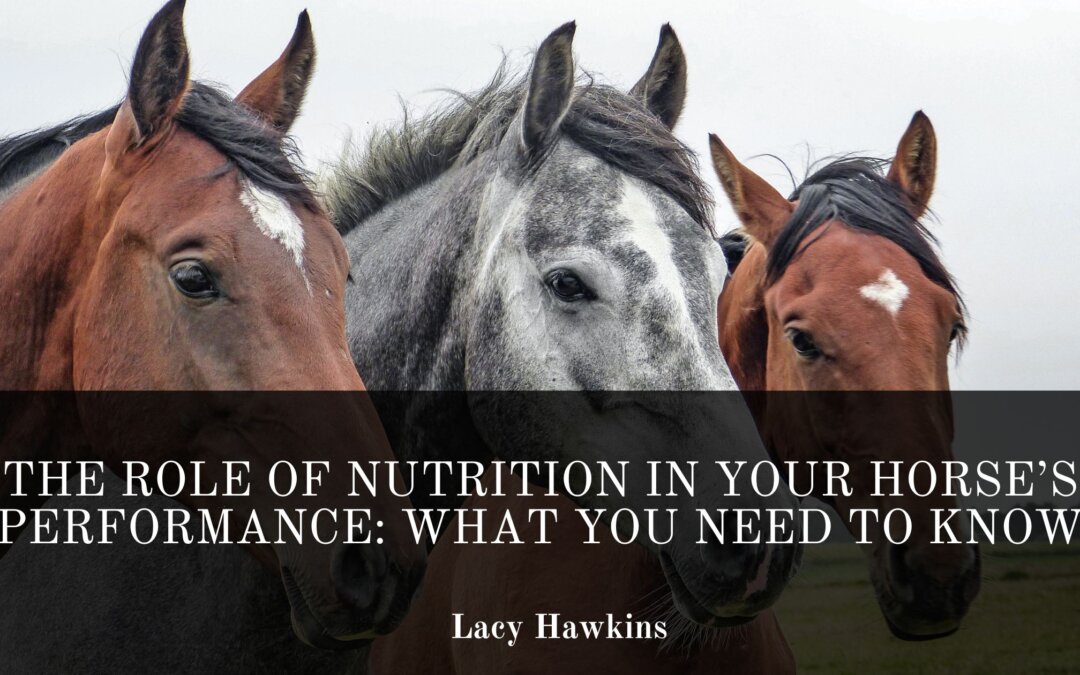
The Role of Nutrition in Your Horse’s Performance: What You Need to Know
Proper nutrition is one of the most important factors influencing your horse’s performance, health, and overall well-being. Just like athletes, horses require the right balance of nutrients to maintain energy, build muscle, and recover from physical exertion. Whether...

How to Transition from Western to English Riding: Tips for a Smooth Switch
Transitioning from Western to English riding can be an exciting and rewarding journey for any equestrian. The two disciplines have distinct differences in riding style, equipment, and techniques, but with the right approach, you can make the switch smoothly and...
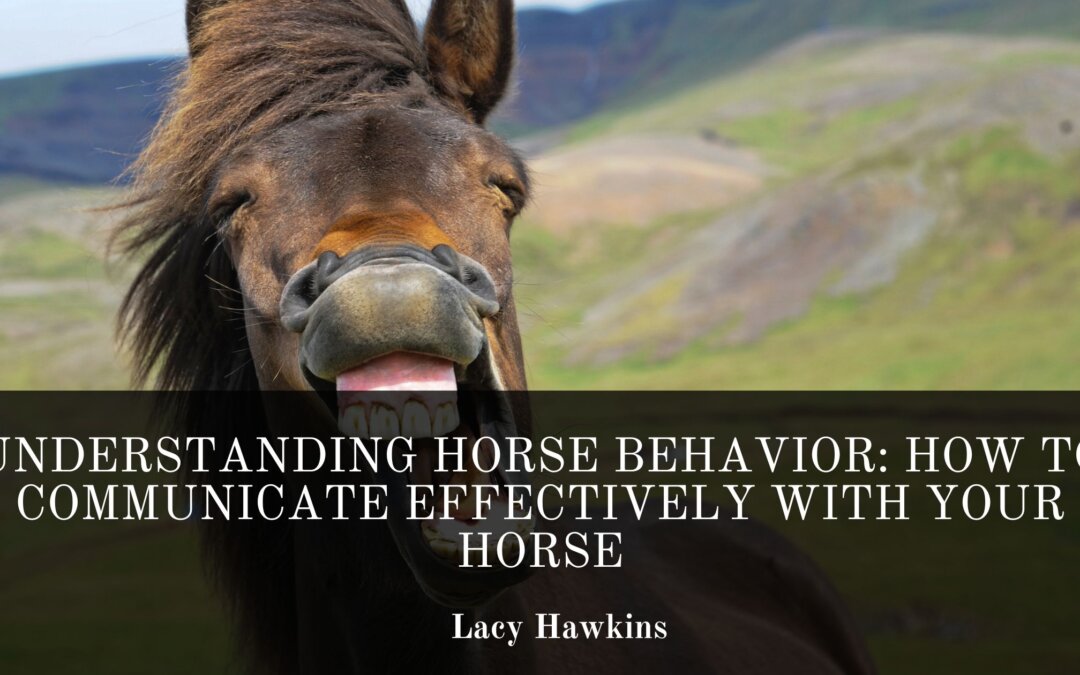
Understanding Horse Behavior: How to Communicate Effectively with Your Horse
Effective communication is the cornerstone of a successful relationship between a rider and their horse. Horses are highly sensitive creatures with complex behaviors, and understanding these behaviors is essential for building a strong, trusting bond. Whether you're a...
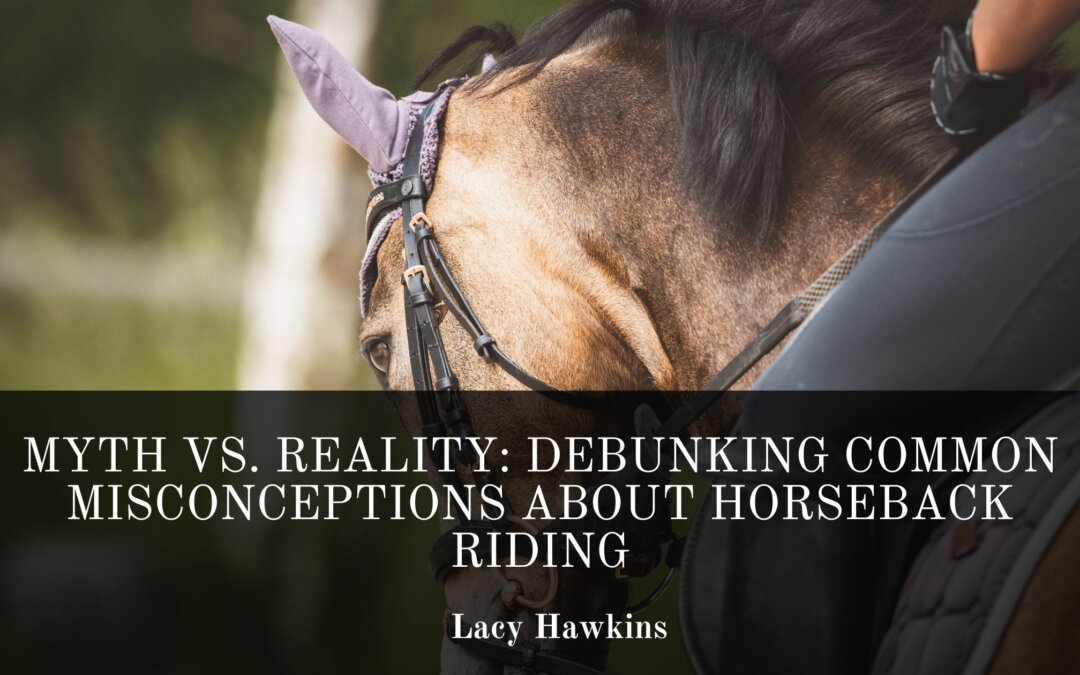
Myth vs. Reality: Debunking Common Misconceptions About Horseback Riding
Horseback riding is often misunderstood by those who have never spent time in the saddle. From Hollywood portrayals to popular assumptions, myths about riding and horse care can create unrealistic expectations for new riders and those unfamiliar with the equestrian...